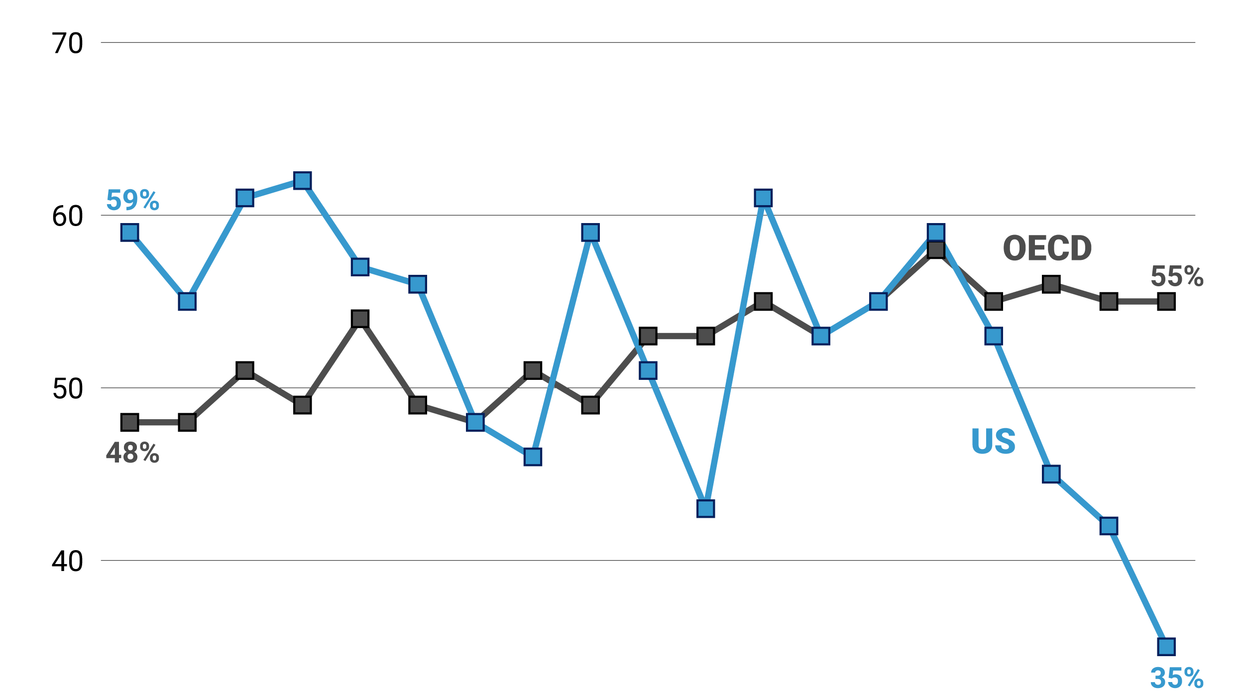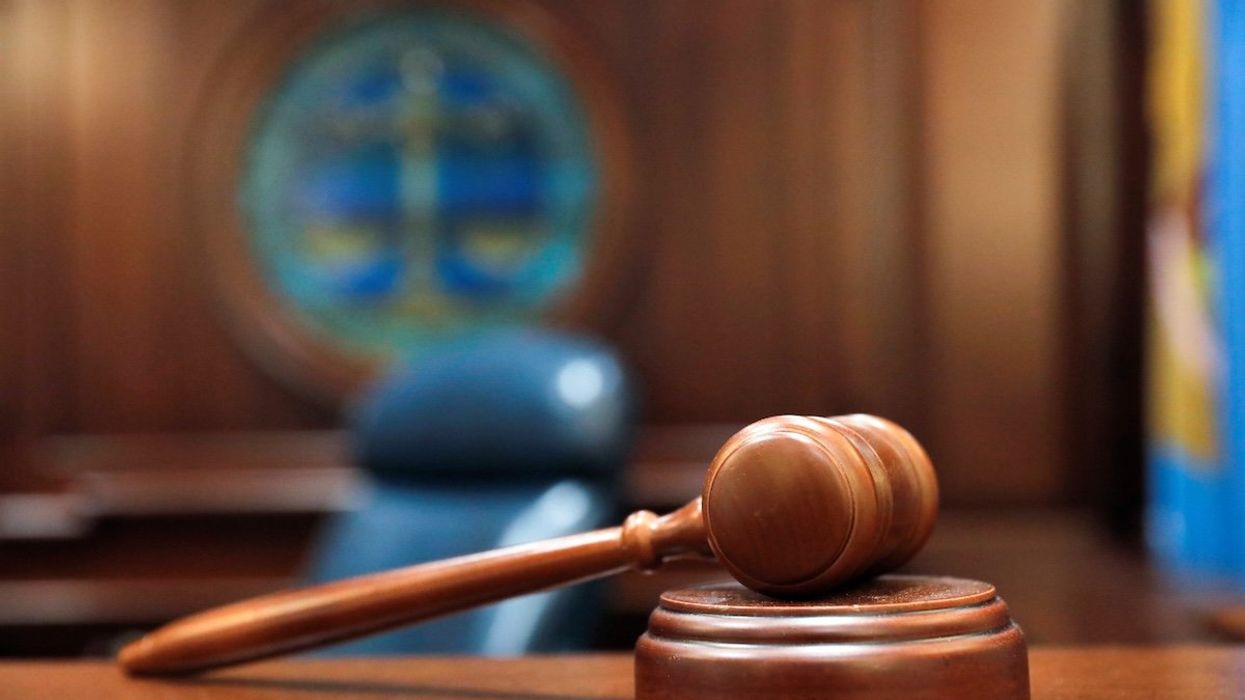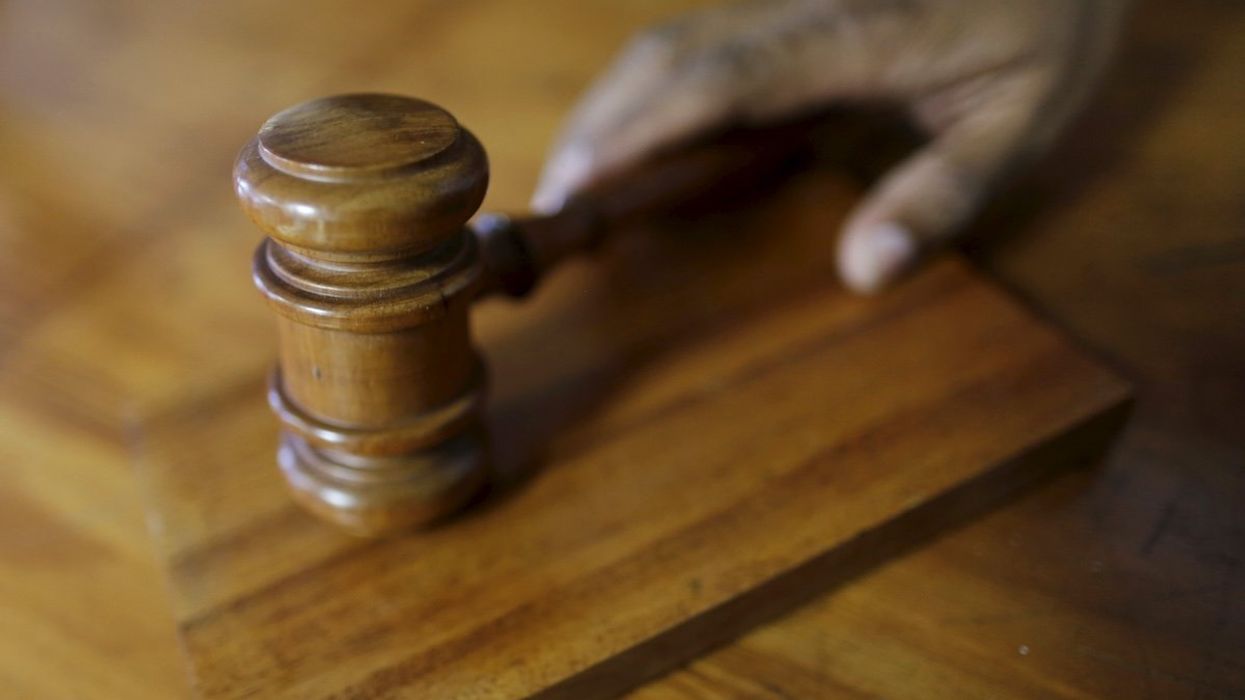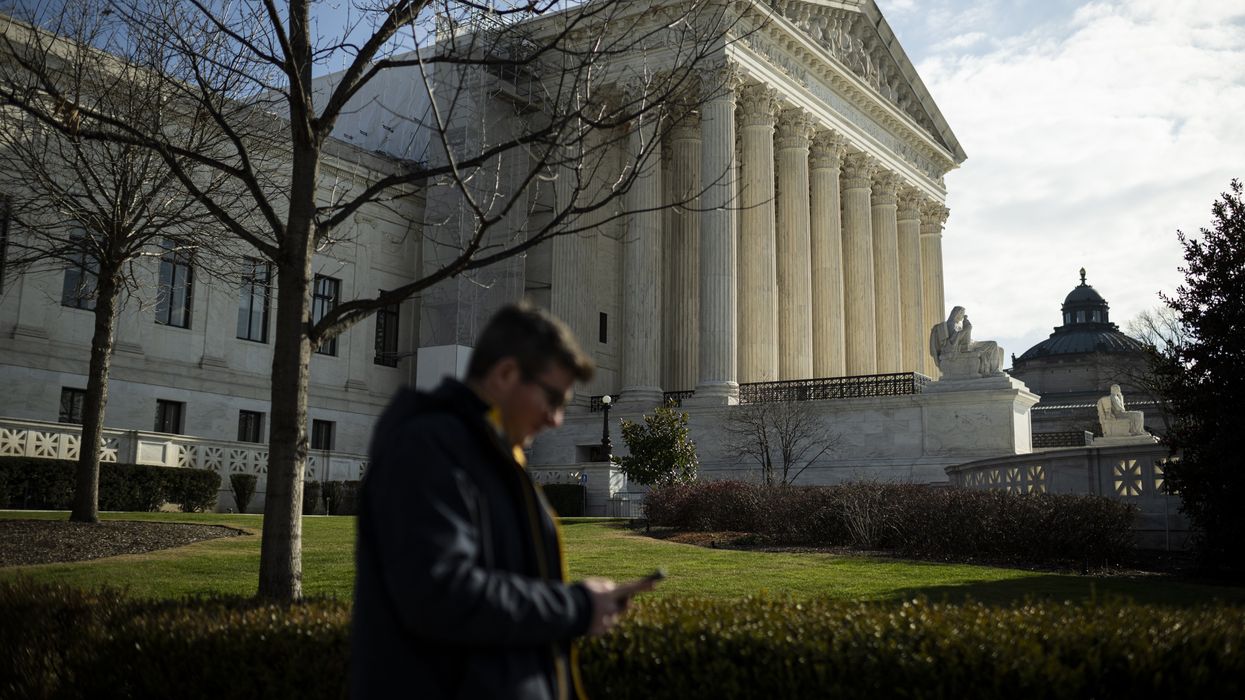UN General Assembly
Protect the watchdogs: Journalism, justice, & accountability
Journalists are often the whistleblowers exposing high-level corruption. UNODC’s Delphine Schantz explains why we must engage and protect reporters, equip them with investigative tools, and strengthen criminal justice systems so accountability isn’t optional.
Sep 30, 2025







